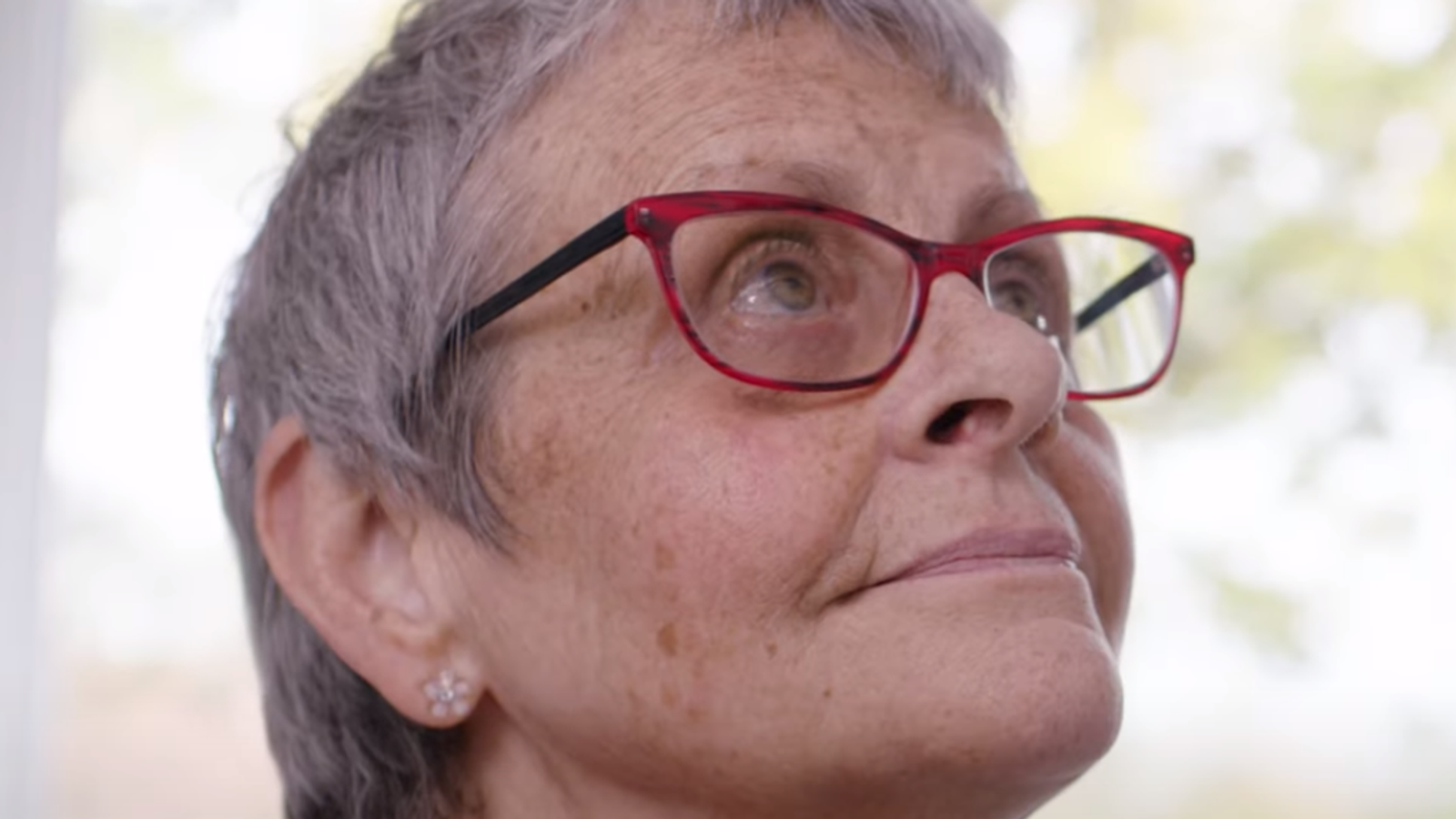A best-selling author who detailed her experience with dementia has announced her own death in a posthumous blog post.
Wendy Mitchell, 68, authored acclaimed books on her condition after she was diagnosed with early-onset vascular dementia and Alzheimer’s in July 2014, at the age of 58.
“If you’re reading this, it means this has probably been posted by my daughters as I’ve sadly died,” she wrote in her final blog post.
“Sorry to break the news to you this way, but if I hadn’t, my inbox would eventually have been full of emails asking if I’m OK, which would have been hard for my daughters to answer…
“In the end, I died simply by deciding not to eat or drink anymore.”
At the time of her diagnosis, Ms Mitchell, from East Yorkshire, was working as an NHS rota manager, having also brought up two daughters as a single mother.
She began to become concerned about her health when her “encyclopaedic memory” began to fail her.
“I’d forget the simplest of words, or the names of people I’d worked with forever,” she told the charity Dementia UK in a 2019 interview.
Ms Mitchell said at one point before her diagnosis she turned around to see her name at the entrance to her office and forgot it was hers.
She also was a keen runner who would regularly go jogging beside the River Ouse.
“Things just weren’t right, and then when I was out running, my legs and my brain weren’t talking to one another and I’d end up falling flat on my face,” she said.
“I knew that something wasn’t right.”
After 18 months of tests and scans, Ms Mitchell was given her diagnosis, something she revealed in her books pushed her into a “deep depression”.
She found an outlet in writing, starting the blog What Me and I Today? as well as penning her journey in a deeply personal 2018 memoir named Somebody I Used To Know, which became a Sunday Times best-seller.
Ms Mitchell also wrote the acclaimed 2022 book, What I Wish I Knew About Dementia, while the paperback edition of her third book, One Last Thing: Living With The End In Mind, is due to be published next week.
She also became a vocal advocate for assisted dying, which is illegal in the UK, but permitted in countries such as Switzerland and The Netherlands.
“If assisted dying was available in this country, I would have chosen it in a heartbeat, but it isn’t,” she said in her final blog post.
“I didn’t want dementia to take me into the later stages; that stage where I’m reliant on others for my daily needs; others deciding for me when I shower or maybe insisting I had a bath, which I hate; or when and what I eat and drink.
“Yes, I may be happy, but that’s irrelevant. The Wendy that was didn’t want to be the Wendy dementia will dictate for me. I wouldn’t want my daughters to see the Wendy I’d become either.”
Read more from Sky News:
Proteins in blood ‘could predict dementia risk 15 years before diagnosis’
Viagra could cut Alzheimer’s risk in men, study suggests
She said in the post that she had opted for an assisted dying process in Switzerland but felt unable to travel after a fall in which she broke both her wrists.
“In the end, after my accident, the only choice open to me was to stop eating and drinking,” she said.
She added: “Adapting to this life with dementia is over, but I don’t consider dementia has won, as that would be negative and you all know I’m a positive person.
“It’s ME calling time on MY dementia – checkmate, before IT plays its final move.”
In a post on X, her daughters, Sarah and Gemma, said: “Our mum died peacefully early this morning. She wrote a blog post before she died, so you can read about it from her perspective.”
Paying tribute to Ms Mitchell, Paul Edwards, director of clinical services at Dementia UK, said everyone at the charity was “deeply saddened” by the news of her death.
“A tireless campaigner, Wendy’s writing and work helped many people understand what it is like to live with dementia, as well as giving a powerful voice to those living with the condition,” he said.
“Wendy spoke candidly about how her dementia affected her, and her efforts will leave a lasting impact in the way we understand dementia and approach dementia care.
“Her contributions to our Lived Experience Advisory Panel helped to ensure the specialist dementia care we offer reflects the needs of people facing dementia.
“Our thoughts are with Wendy’s family and we send our deepest condolences at this difficult time.”






















